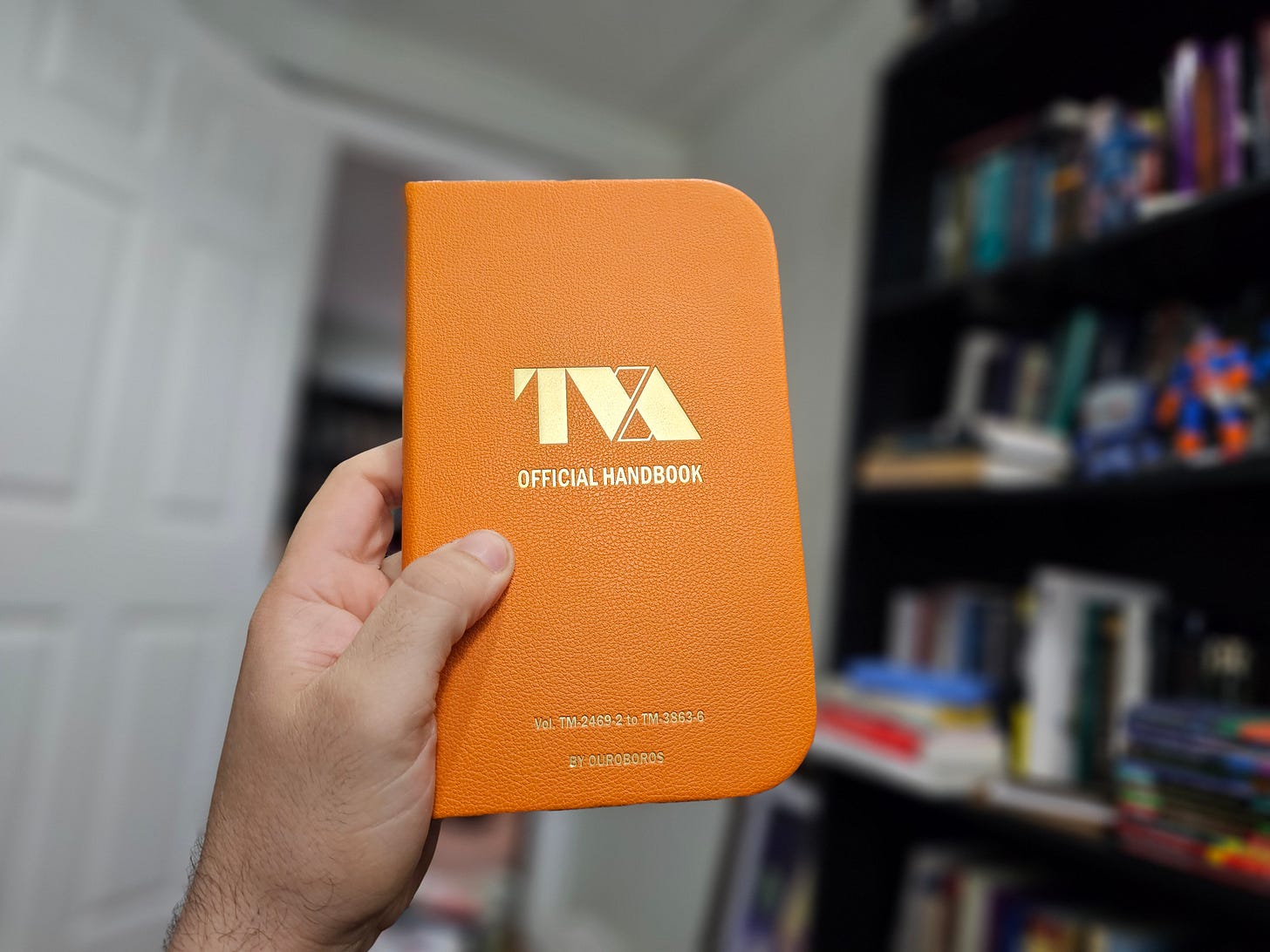How to Keep a Compendium Notebook
The Best Notebook Method for Self-Study And Mastering New Subjects
I'm talking about compendia! Make yourself atleast one paper notebook compendium on a given interest. These are the best tools to help you get acquainted with new topics and master those topics you want to be an expert in. I'll explain why, I'll characterize 4 different kinds of compendia you could keep, and then I’ll show you how to start one from scratch.
What is a Compendium?
I am an accidental notebook czar. It just kind of happened. I use lots and lots of different notebook methods to help me sharpen my mind and remember what I’ve read and what I think. If you’re familiar with my YouTube channel, ParkNotes, then you may know me as a commonplace book guy. I really love a good commonplace book. I’ve been using them for over 10 years to help with my own philosophy and theology academic journal articles, to help me writing my research papers across my 3 Master’s programs, to help with blog posts, with preaching, and even with social media posts. Commonplace books are awesome. I’ve come up with 8 different ways to keep a commonplace book and if you’re interested in those, you can check them out here in this post:
If you don’t keep a commonplace book, you should start today.
But while I used to think CPBs were the end-all-be-all for intellectual mastery, I think I may have changed my mind. They may have been supplanted by compendiums.
What’s the difference?
Here’s a ParkNotes video I recently put out on compendiums which you might enjoy but for my readers, I’ll continue on with my written definitions below:
A commonplace book is a collection of quotations, usually organized according to a particular scope and for a particular purpose, often according to ‘commonplaces’ or common headings.
That’s my working definition thus far, I may tighten it up even more or add to it before I settle on the final definition for my book, Journal Like a Philosopher—but it’s good enough for now.
A compendium, on the other hand, is a collection of information and analysis about a body of knowledge, usually meant to be comprehensive in scope and systematically presented.
[you’re about to run into a paywall. This content is part of the research for the book I’m writing for Baker Books, it’s something of a first stab at my chapter on compendiums. Below the paywall you’ll find some psychology studies on analog study methods vs. digital methods and then some brand new criteria for determining which kind of compendium is best for you and how to go about making one from scratch. If that sounds beneficial for you, then consider becoming a paid subscriber to check it out before my book, Journal Like a Philosopher comes out (in 2026 or 2027?)]
So, the major difference between a compendium and a commonplace book is



